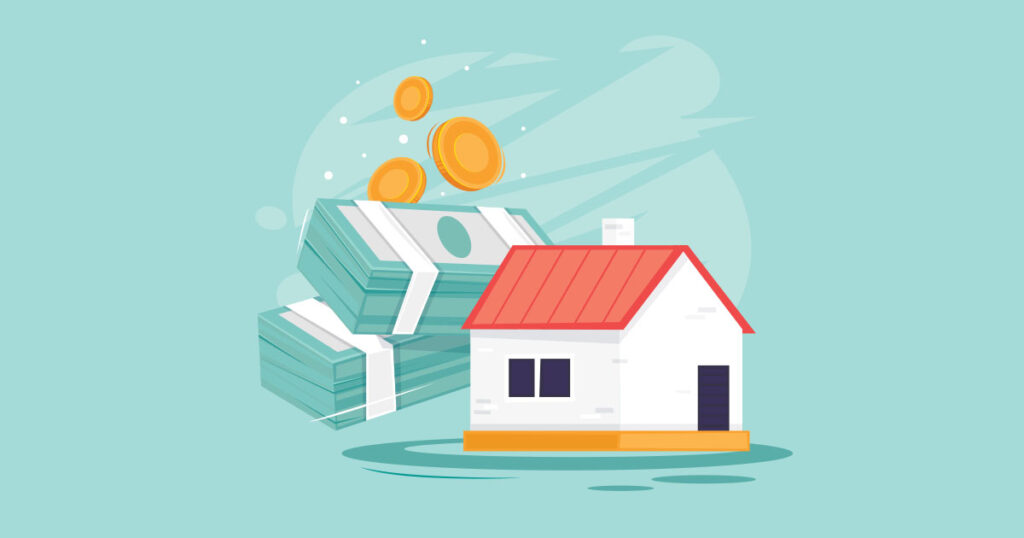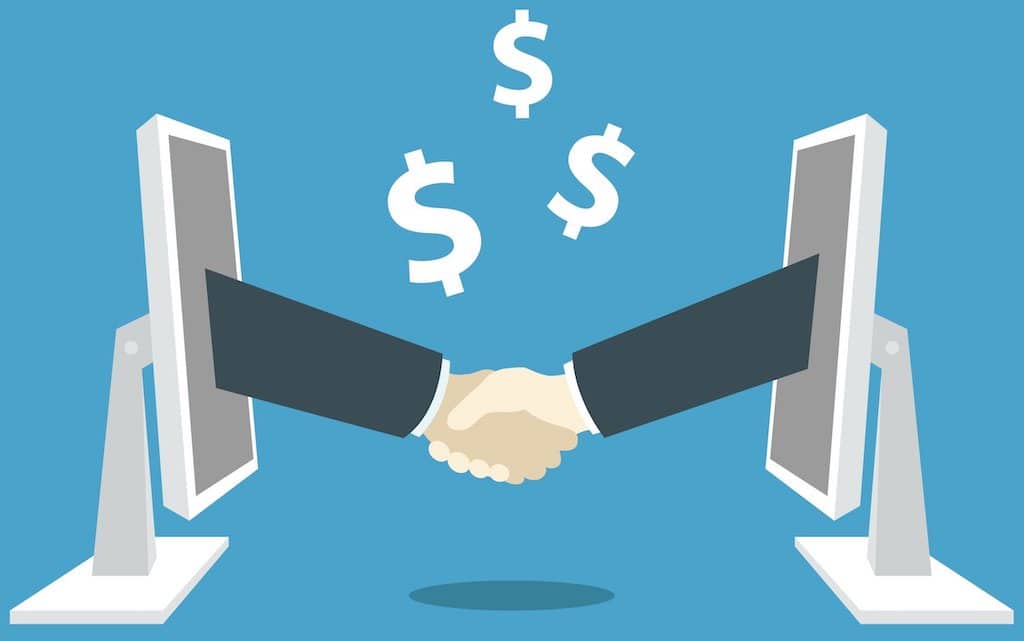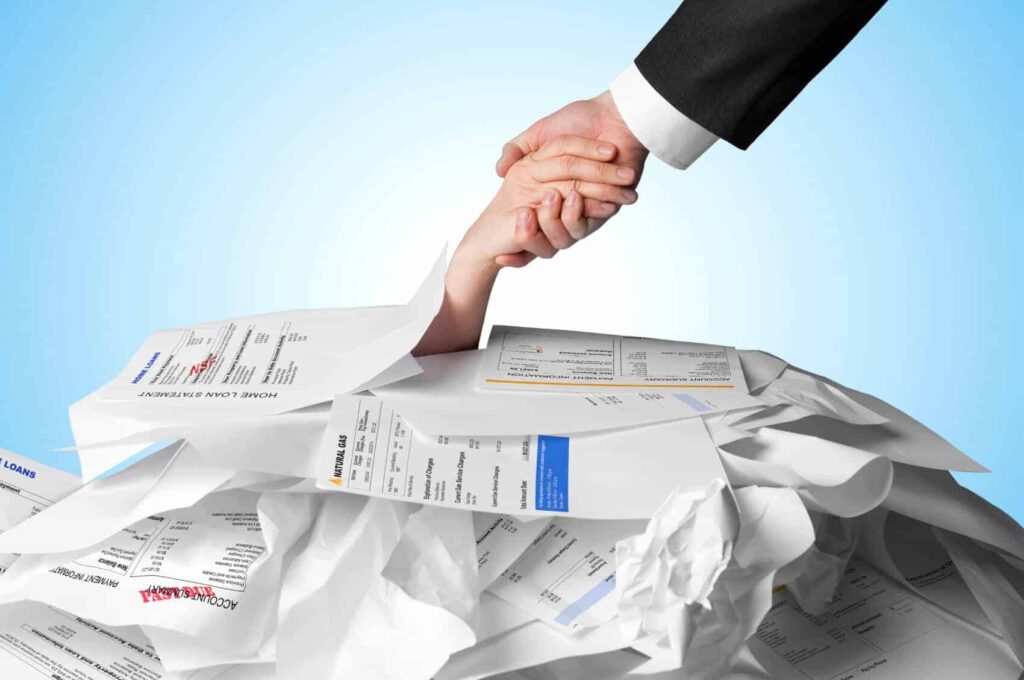Unfortunately, many people have several credit payments that they need to make each month, which is why settling their debt is extremely daunting and complex. However, there is one thing that you could opt for if you got yourself in the same situation – debt consolidation. It’s a program that’ll allow you to join all the debts into a single payment, thus, causing it to be simpler for you to repay them. There are 5 common options that you could choose, which includes the following:
1. A House Equity Credit

This option is the difference between the value of your house and how much mortgage you possess. If you do have good equity and suitable balance history, you could opt for this option. This means that you’ll borrow money in order to merge all the debts. You should remember, you’ll only be capable of qualifying for it if you’re equity is sufficient, hence, you should opt for it in this particular situation.
2. A Balance Transfer Credit Card
You’ll require a balance transfer card that has a limit that is high enough to suit all the balances you possess and an APR that is low enough as well. In most cases, it’ll come with no interest or a low one and it is a suitable choice for combining your debt if you pay it off before the rate expires. There are various firms that’ll assist you with this, hence, ensure that you check out their reviews like the one on Credit Associates Credit Card Debt.
3. Peer-to-Peer Loans

By using a wide range of online platforms such as SoFi, you could get paired with a borrower and an investor that’ll provide you with an unsecured loan that can go from $20.000 to $55.000. Similar to individual loans, these are unsecured, meaning that your credit grade will be the deciding factor when it comes to all the terms, limits, rates, and fees. Choose this alternative if you don’t wish to lower the credit rating you have.
4. Debt Consolidation Loan
If you could qualify for a low interest rate, you could choose to merge your payments with a debt consolidation loan. Like the aforementioned option, it’s also unsecured, meaning that the charge you get and the limit will rely on the credit history. If you don’t wish to use any of your assets such as your vehicle, property, or home as collateral, this plan will be suitable for you.
5. Debt Management Plans

Lastly, you could opt for this plan if you don’t want to take another loan or apply for option number two. This plan may be suitable for you, especially since it is better than filing for bankruptcy. If you opt for it, you’ll work with a counseling organization that’ll negotiate all your payoff terms instead of you. You’ll have to close all your accounts and make 1 payment to the organization that’ll transfer the cash to the lenders later on.
Conclusion
If you got yourself in a situation where you simply can’t pay off most of the credits and debts you possess, you could opt for one of the aforementioned options. By doing so, you’ll merge all the monthly payments into an individual one, thus, it’ll be simpler for you to monitor the progress you’ve made, but more importantly, doing this could ensure that you don’t forget one of the payments that you need to make every month.

